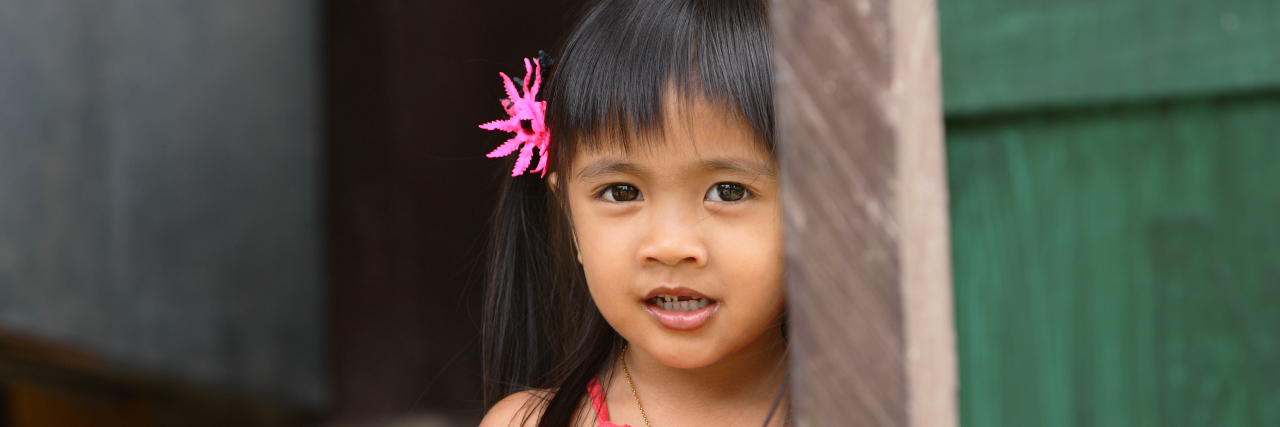I love advocacy. It is one of my strengths and one of my delights. It is important for me as a parent, as a teacher, as a sibling to a brother with Down syndrome, and as a person with my own individual needs. We all need advocacy to some degree. We all need to stand up for ourselves, fight for what we need, what we deserve. Some people need advocacy more than others, some people cannot advocate for or by themselves, and for some people, both of these are true.
I stand back and watch as so many parents advocate for their beautiful children. I watch individuals with mental health struggles stand up for themselves. I teach my students how to be their own self-advocates. I see communities rallying around refugee families who need other people to be their voice. I am in it, surrounded by it, and appreciate it.
But I’d like to name a reality that exists: advocacy is a privilege. To advocate for oneself, or to be advocated for, is a privilege. I am surrounded by numerous accounts on Instagram who are family members to an individual with a disability, and I watch as they share story after story, picture after picture, of their child, sibling or friend. They make others aware — removing stigmas and presuppositions from the lenses of the world around them. They advocate in front of others — educators, medical professionals, therapists, society at large — in hopes that their child, sibling, or friend will receive the best care and the greatest opportunities, because these fierce family members know their loved ones deserve nothing less. I get it; I do it too.
I wonder, though, about the individuals who don’t have a champion. I wonder about the lost children, teenagers and adults who need someone to fight for them, to care about them, but are left with nothing. What about the “not as cute” kids? The adults? The children whose parents can’t access these opportunities? The kids who don’t have parents at all?
I think about some of the orphans whom I know and love in China. There is no parent, sibling or friend fighting for them — their health, their opportunities, their education, their intrinsic value. I worry we’ve forgotten about them, and I am saddened by the likelihood that many of these individuals will never inspire you, because you will never see their face, know their name or hear their story. Each orphan is a life — a life who, like your loved one, could have hundreds of photos taken and posted, could have stories written about them, could prove doctors wrong, could change your heart — but they are not granted that privilege. There is nobody to take them to the best medical specialists or fight for them to have an education. There is nobody. Period. So I will be their somebody — encouraging you to see them even if the world never will.
Remember this next time you shout worth — advocacy is a privilege. Don’t take it for granted. And also remember, the stories you hear, and the faces you see, are beautiful, important and worthy, but they are not the only ones. The majority are hidden — waiting, wishing and wondering if their time to be advocated for will ever come. Maybe I romanticize the idea of the underdog too much, but I am a sucker for the least expected being given a chance, being given a win. And if you or your child has an advocate in their corner, your chance for that win is that much greater than those who do not.
Getty image by Studio1One.

